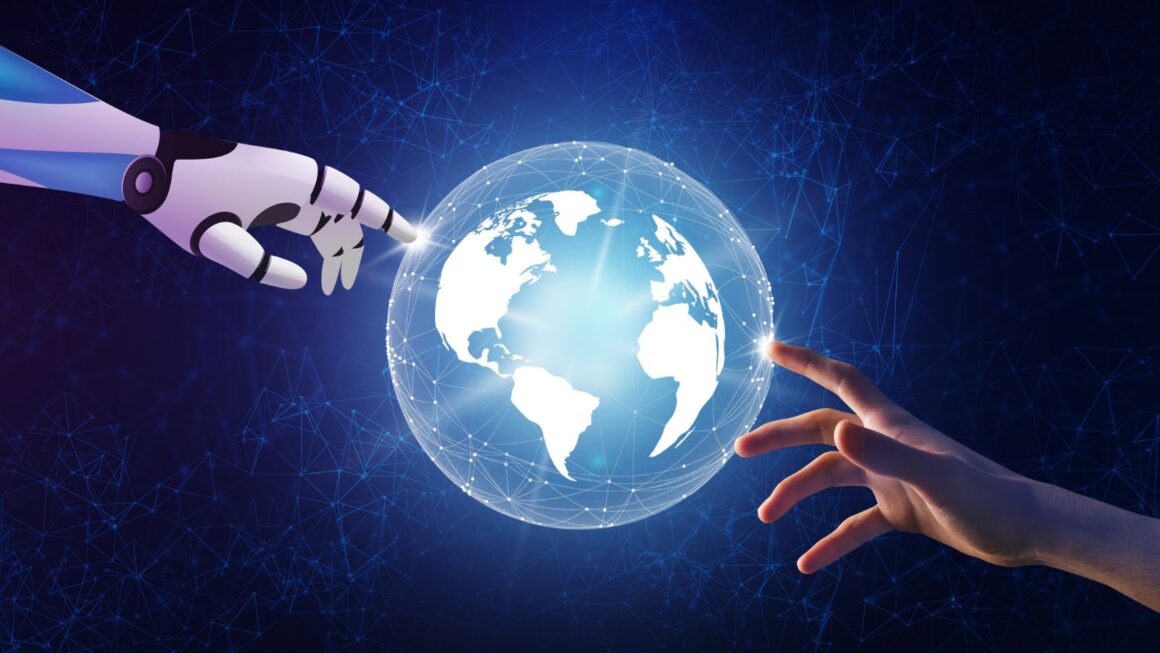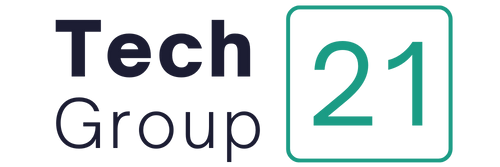In a world driven by innovation, automation, and artificial intelligence, it’s easy to think that technical mastery is the only key to success. But as industries evolve and technology takes over more repetitive tasks, the human element is proving more essential than ever. Soft skills — adaptability, empathy, communication, and leadership have become the foundation of success in any professional environment. Whether you’re managing a startup, leading a team of developers, or building a personal brand, your ability to connect and stay composed under pressure defines your true value.
Even something as unexpected as Mississauga CPR training reveals how preparation and quick decision-making go beyond emergency situations. It’s not just about saving lives; it’s about cultivating a mindset of awareness, calmness, and resilience qualities that make professionals stand out in fast-paced, high-stress industries like technology.
Why Soft Skills Are the Future of Work
The modern workplace thrives on innovation, but innovation doesn’t happen in isolation. It requires teamwork, emotional intelligence, and the ability to collaborate across diverse skill sets and perspectives. As more organizations adopt hybrid work models and global collaboration tools, communication has become more complex and more crucial.
Technical expertise may get you the job, but soft skills help you grow in it. Studies have shown that employers now rate soft skills on par with or even higher than technical ones when evaluating long-term potential. The ability to manage conflict, adapt to shifting priorities, and keep morale high during challenges has become a defining feature of successful teams.
The best engineers, designers, and analysts are not only technically sharp but emotionally aware able to empathize with clients, motivate colleagues, and navigate change without losing focus.

The Parallels Between Readiness and Resilience
Think of first aid and CPR as metaphors for emotional and professional preparedness. In emergencies, time is limited, pressure is high, and the cost of hesitation is enormous. Similarly, in the business world, rapid decisions can determine success or failure.
Programs like Mississauga CPR don’t just teach how to perform chest compressions they teach how to lead in moments of uncertainty. They emphasize quick thinking, confidence, and clear communication the same principles that define outstanding leadership in the workplace.
Being ready means more than having the right tools; it means staying composed when things go wrong. Professionals who can adapt under stress, support their teams, and make sound decisions under pressure are invaluable and that readiness often comes from experiences that push us beyond comfort zones.
Where Technology Meets Humanity
As artificial intelligence continues to evolve, one truth becomes clearer: AI can replicate tasks, but it can’t replicate empathy. Machines can process data, but they can’t comfort a colleague, negotiate gracefully, or motivate a team. These distinctly human qualities are what transform technology into innovation.
In workplaces where automation has taken center stage, human intuition is becoming the ultimate competitive edge. Balancing technical knowledge with interpersonal awareness gives professionals the ability to see beyond systems to understand people, anticipate needs, and solve problems creatively.
Even the best code can’t substitute for compassion. When professionals invest in both technical learning and personal development including soft skills and real-world preparedness like CPR they’re not just improving productivity; they’re shaping stronger, more emotionally intelligent work cultures.
Building a Culture of Awareness and Action
True preparedness is both technical and emotional. For many organizations, that means fostering a culture where employees are encouraged to think ahead, act responsibly, and respond calmly to challenges whether those challenges involve a system outage, a project deadline, or an actual health emergency.
Encouraging staff to attend CPR programs or first aid training is a tangible way to reinforce this mindset. It’s not just a box to tick for safety compliance; it’s an investment in people, one that empowers them with confidence, leadership, and a sense of responsibility.
When individuals are trained to act in a crisis, they carry that same readiness into every part of their professional lives. They become the people who stay calm in chaos, find solutions when others freeze, and lift others when things fall apart.

Conclusion: The Real Advantage Lies in Being Human
As we move deeper into the era of digital transformation, the skills that truly matter are those that machines can’t replicate. Emotional intelligence, empathy, leadership, and composure under pressure will define the next generation of successful professionals.
The future belongs to those who blend innovation with intuition who understand that being skilled isn’t just about what you know, but how you respond. Learning to act with awareness, whether in an emergency or a business challenge, bridges the gap between efficiency and humanity.
Because in a world of algorithms and automation, being human prepared, calm, and compassionate remains the smartest advantage of all.



